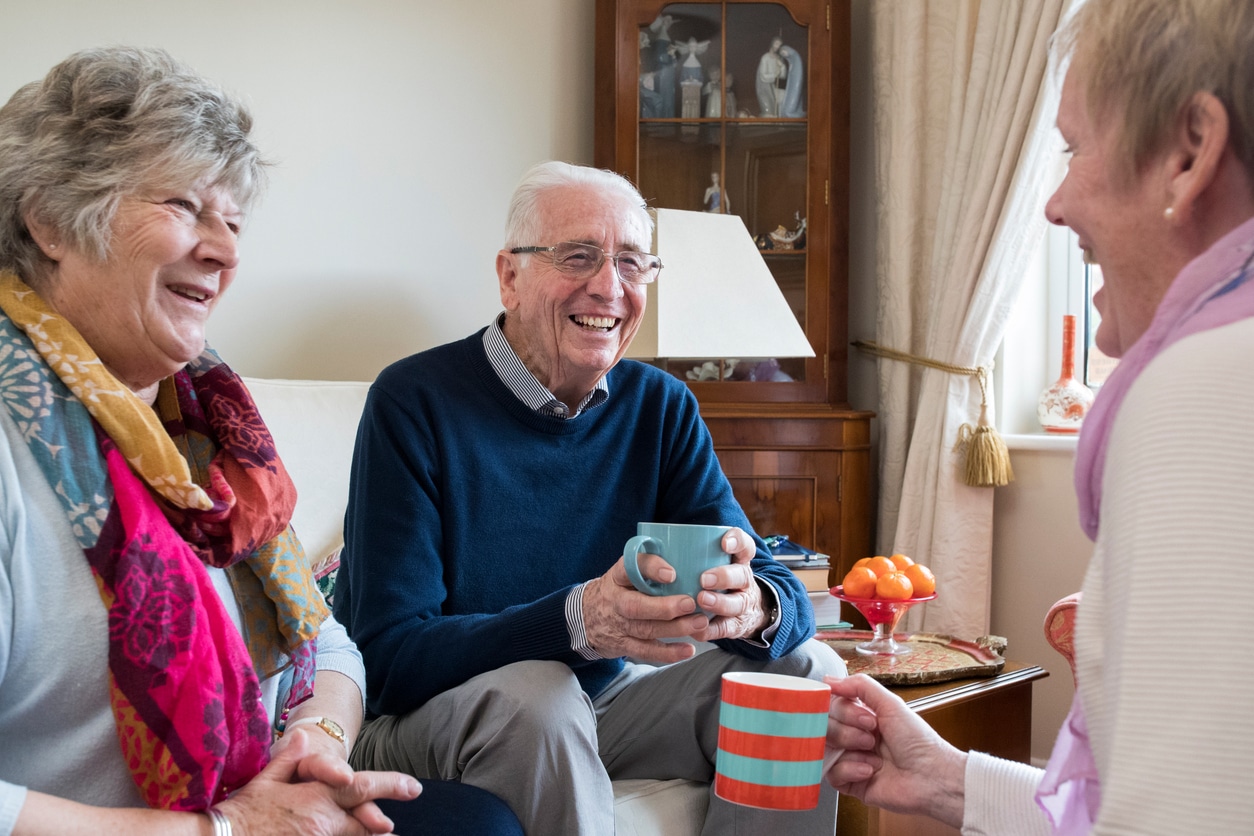As we grow older, many of us reflect on the habits of our youth, including our relationship with alcohol. While social drinking is often a staple in adult life, the golden years bring unique considerations and challenges. Understanding the potential risks of alcohol consumption for seniors is essential for maintaining health and well-being.
Tips for Safe Alcohol Consumption in Seniors
Health Considerations
Aging naturally changes our bodies, making it harder to handle substances like alcohol. Factors such as reduced metabolism, changes in body composition, and increased sensitivity to alcohol can lead to various health concerns.
Existing Health Issues
For seniors with conditions like high blood pressure, vision impairment, or muscle weakness, alcohol can exacerbate these problems. It can strain vital organs, including the liver and brain, and interfere with medications that many seniors rely on for their health.
Medication Interactions
Seniors often take multiple medications, which can have adverse interactions with alcohol. This can lead to serious side effects, including dizziness, internal bleeding, and increased risk of organ damage.
Increased Risk of Alcohol-Related Issues
As we age, our tolerance for alcohol decreases. It takes less to feel its effects, and the substance remains in the system longer. This can lead to complications such as alcohol poisoning and cognitive issues, including alcohol-related dementia.
Side Effects to Consider
One significant risk of alcohol consumption in seniors is the heightened chance of falls. Even a single drink can affect balance, leading to dangerous accidents—especially for those living alone.
Blurred Vision
Alcohol can impair eyesight, increasing the risk of accidents like fires or falls, particularly for seniors who drive.
Mental Health
While alcohol may seem to provide temporary relief, it can contribute to depression and anxiety. The next day may bring feelings of sadness or low energy, creating a cycle of reliance on alcohol for mood enhancement.
Physical Effects
Alcohol thins the blood and raises blood pressure, leading to increased chances of falls or other mishaps.
Promoting Responsible Drinking
If your loved one enjoys the occasional drink, moderation is crucial. Social settings often encourage alcohol consumption, but it’s important to keep an eye on quantity.
Opt for Lighter Choices
When hosting seniors, consider serving light beers, lower-alcohol cocktails, or alcohol-free wines. Ensure they stay within safe limits and monitor their intake.
Hydration is Key
Encourage seniors to drink water alongside alcoholic beverages. Staying hydrated helps the body process alcohol more effectively and can reduce side effects.
Explore Alcohol-Free Alternatives
There are many delicious alcohol-free beverages available that allow seniors to participate socially without the risks of intoxication. Consider creating family favorites that everyone can enjoy.
Support for Those with Alcohol Issues
If your loved one struggles with alcohol dependency, it’s best to refrain from drinking in their presence. For social gatherings, consider offering mocktails and alcohol-free options to ensure inclusivity without temptation. If you suspect a senior in your life may have an alcohol-related problem, seeking professional assistance is crucial.
Striking a Healthy Balance
While enjoying a drink can be a part of social life for many seniors, it’s crucial to approach alcohol consumption with caution and awareness of its potential risks. Understanding the impact of alcohol on health, staying mindful of medication interactions, and promoting moderation can help seniors maintain their well-being. Whether it’s through lighter beverage choices or supportive social environments, encouraging safe practices can foster enjoyable moments without compromising health. If concerns arise, don’t hesitate to reach out to healthcare professionals for guidance. Prioritizing a balanced approach to alcohol can enhance quality of life and contribute to a healthier, happier aging experience.




